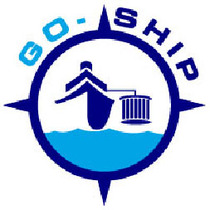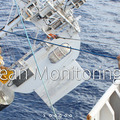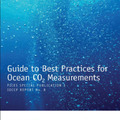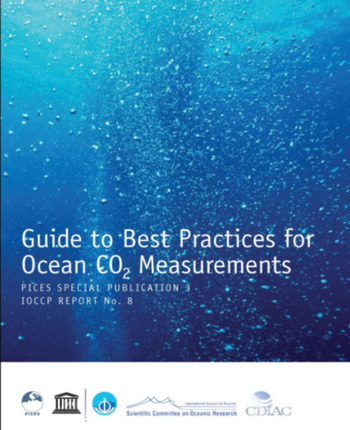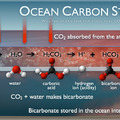Ocean Interior Methods Standardization and Coordination
Working with the international community to improve measurement quality
Despite numerous technological advances over the last several decades, ship-based hydrography remains the only method for obtaining high-quality, high spatial and vertical resolution measurements of a suite of physical, chemical, and biological parameters over the full water column. Ship-based hydrography is essential for documenting ocean changes throughout the water column, especially for the deep ocean below 2 km (52% of global ocean volume not sampled by profiling floats).
Global hydrographic surveys have been carried out approximately every decade since the 1970s through research programs such as GEOSECS, TTO/SAVE, WOCE / JGOFS, and CLIVAR. However, global repeat hydrography has lacked formal global organization since the end of WOCE and this has led to a lack of visibility for hydrography in the global observing system. More importantly, the lack of international agreements for implementation of hydrographic sections has led to disparate data sharing policies, duplication of some sections, and sections being carried out without the full suite of core variables.
The PMEL carbon group is working with the international scientific community through the International Ocean Carbon Coordination Project (IOCCP) to develop an international program on repeat hydrography called GO-SHIP (Global Ocean Ship-based Hydrographic Investigations Program). GO-SHIP brings together scientists with interests in physical oceanography, the carbon cycle, marine biogeochemistry and ecosystems, and other users and collectors of ocean interior data to develop a sustained global network of hydrographic sections as part of the Global Ocean / Climate Observing System. See the GO-SHIP website for more information.
We have also been working with the community to standardize measurement practices by helping to develop guides to best practices:
- Guide to Best Practices for Oceanic CO2 Measurements - A.G. Dickson, C. Sabine, and J. Christian, eds., PICES Series Publication 3, IOCCP Report No. 8, 191 pp.
- GO-SHIP Repeat Hydrography Manual: A Collection of Expert Reports and Guidelines
- Guide to Best Practices for ocean acidification research and data reporting - U. Riebesell, V. J. Fabry, L. Hansson, and J.-P. Gattuso J.-P. (Eds.), 2010, 260 p. Luxembourg: Publications Office of the European Union.
We also highly recommend the use of Certified Reference Materials (CRM) as a secondary check on data quality when making any inorganic carbon measurements.

